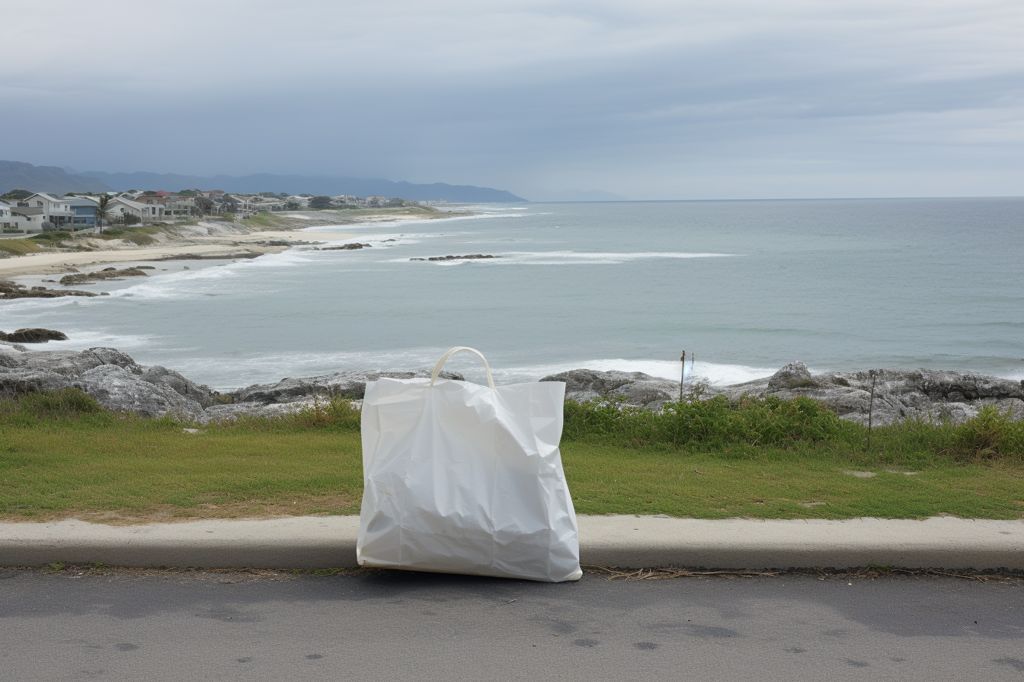Minister of Public Works and Infrastructure Sihle Zikalala held a meeting with members of the Independent Development Trust (IDT) Board to discuss the progress made on the establishment of a new corporate identity for IDT and to address various governance challenges. The meeting was the latest in a series of discussions held since March 2023.
Governance Issues and Investigations
The IDT Board has been facing various governance challenges, including issues raised by anonymous whistleblowers. To address these challenges, the Board has decided to continue its work, aided by the Department of Public Works and Infrastructure (DPWI) and independent investigators.
Research on Corporate Structures
Extensive research on potential corporate structures has been conducted by the DPWI, the Government Technical Advisory Centre (GTAC), and IDT itself. The recommendations are currently going through Cabinet and other processes.
Resignation of Ministerial Appointees
During discussions with Minister Zikalala, the consensus was that the two Ministerial appointees should resign from the Board. This decision would enable the critical corporate changes to proceed and eliminate the distinction between Ministerial appointees and other Board members, ensuring a uniform appointment process. Moreover, it was deemed preferable for the DPWI to designate an official to interact directly with the Board instead of having Ministerial representatives.
Appreciation for Outgoing Board Members
Minister Zikalala extended his gratitude to the Ministerial appointees, Mr. Tim Sukazi and Dr. Michael Sutcliffe, for their dedicated service and wise counsel as IDT Board members throughout the transformation. The Minister expressed his appreciation for their valuable contribution to the nation and indicated that he would not hesitate to call upon their expertise in the future.
Interim Appointments
Regarding the transition to a new corporate form, Minister Zikalala welcomed the appointment of Ms. Zimbini Hill and Ms. Lerato Kumalo as the interim Chairperson and Deputy Chairperson of IDT, respectively, for the interim period. Both individuals possess extensive experience and were unanimously elected by the IDT Board members.
Moving Forward
This meeting represents a vital step forward in addressing the governance challenges faced by IDT and reinforces the organization’s commitment to delivering essential social infrastructure in South Africa. By implementing the proposed changes and fostering an environment of transparency and accountability, the IDT Board, Minister Zikalala, and all involved parties can continue working towards their shared vision of a more prosperous and equitable South Africa.








